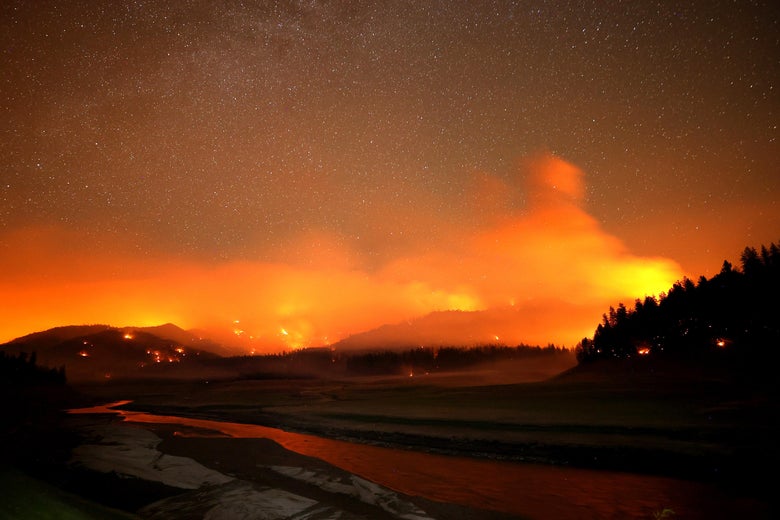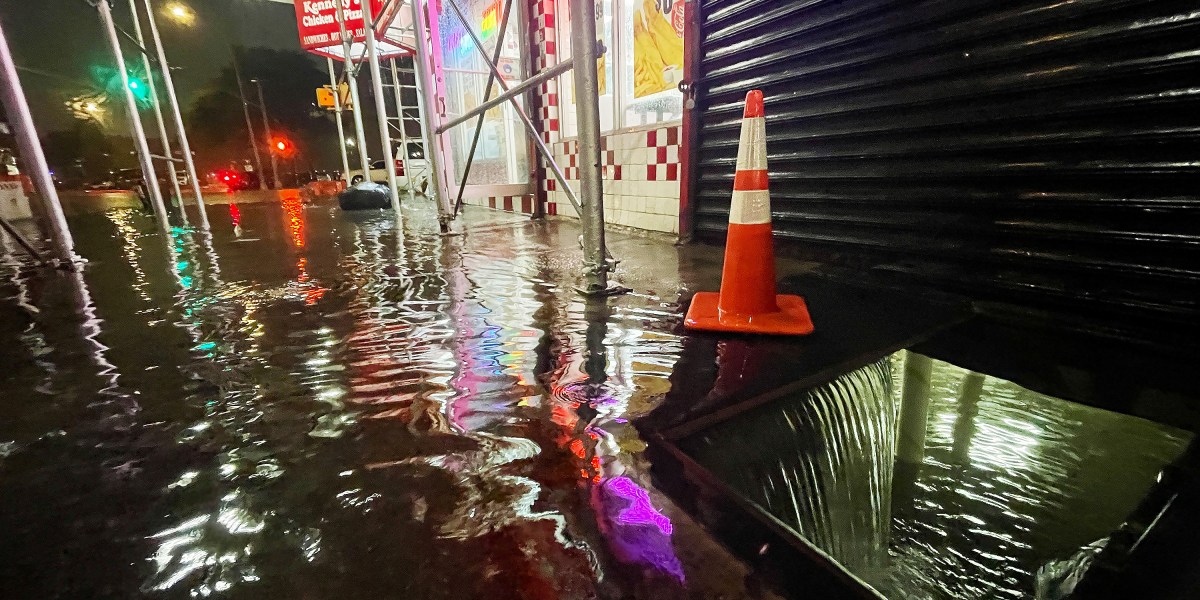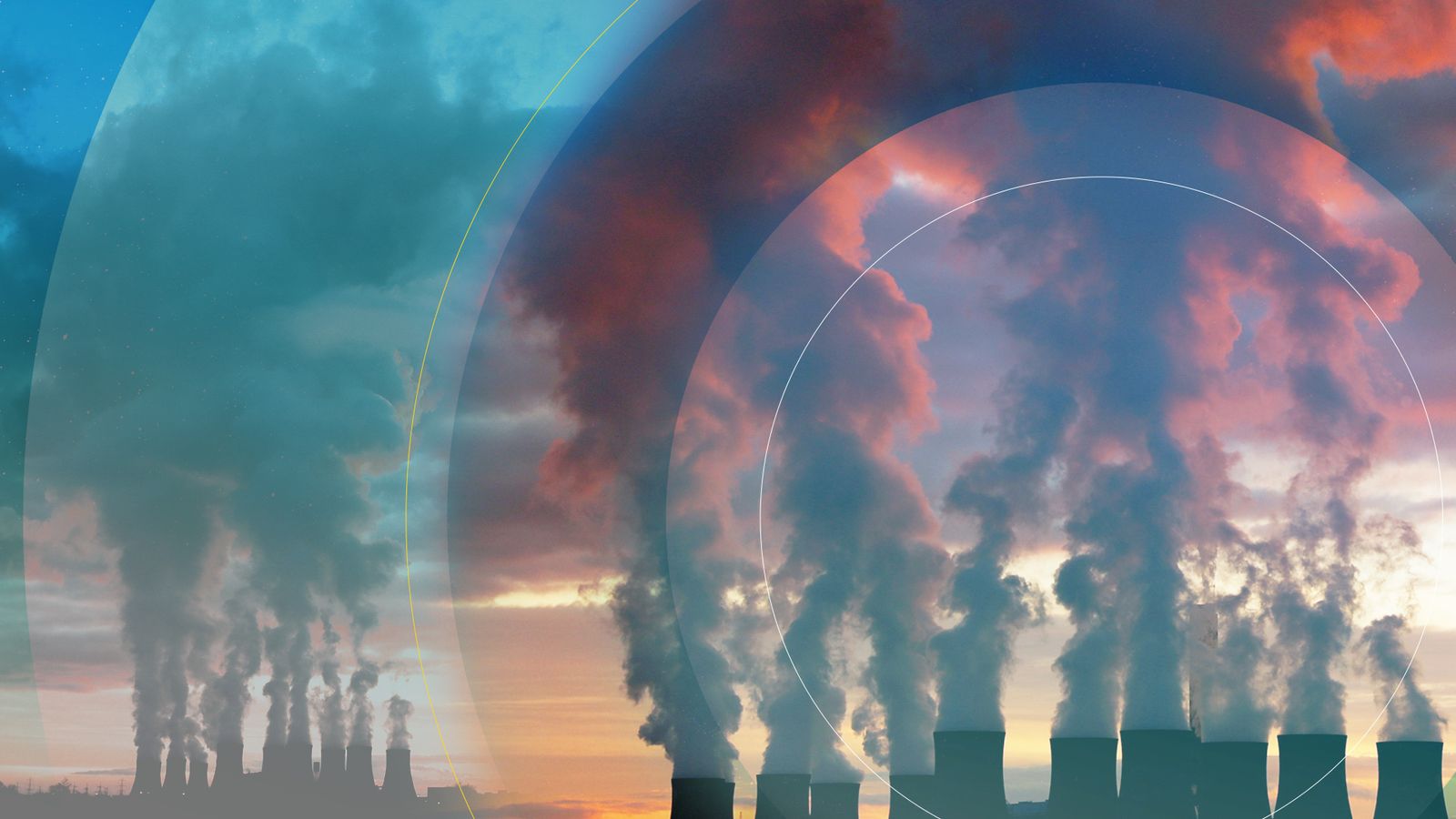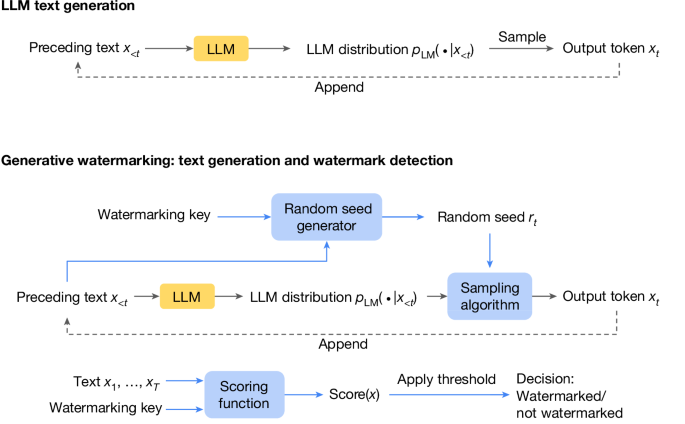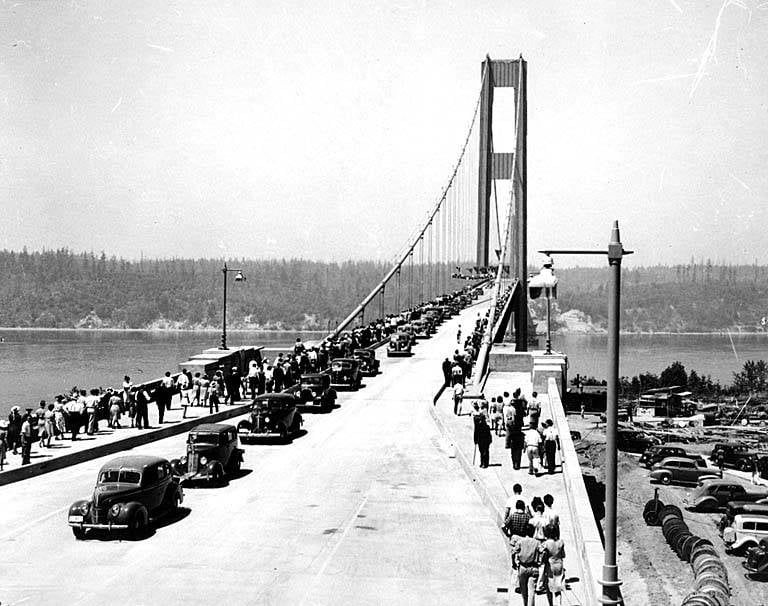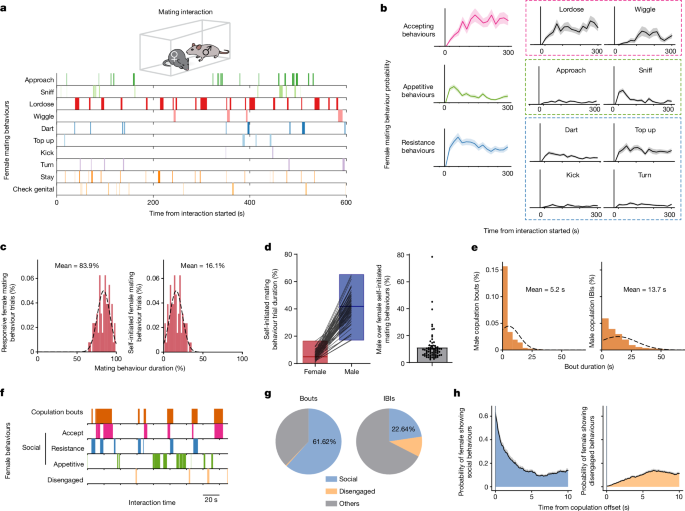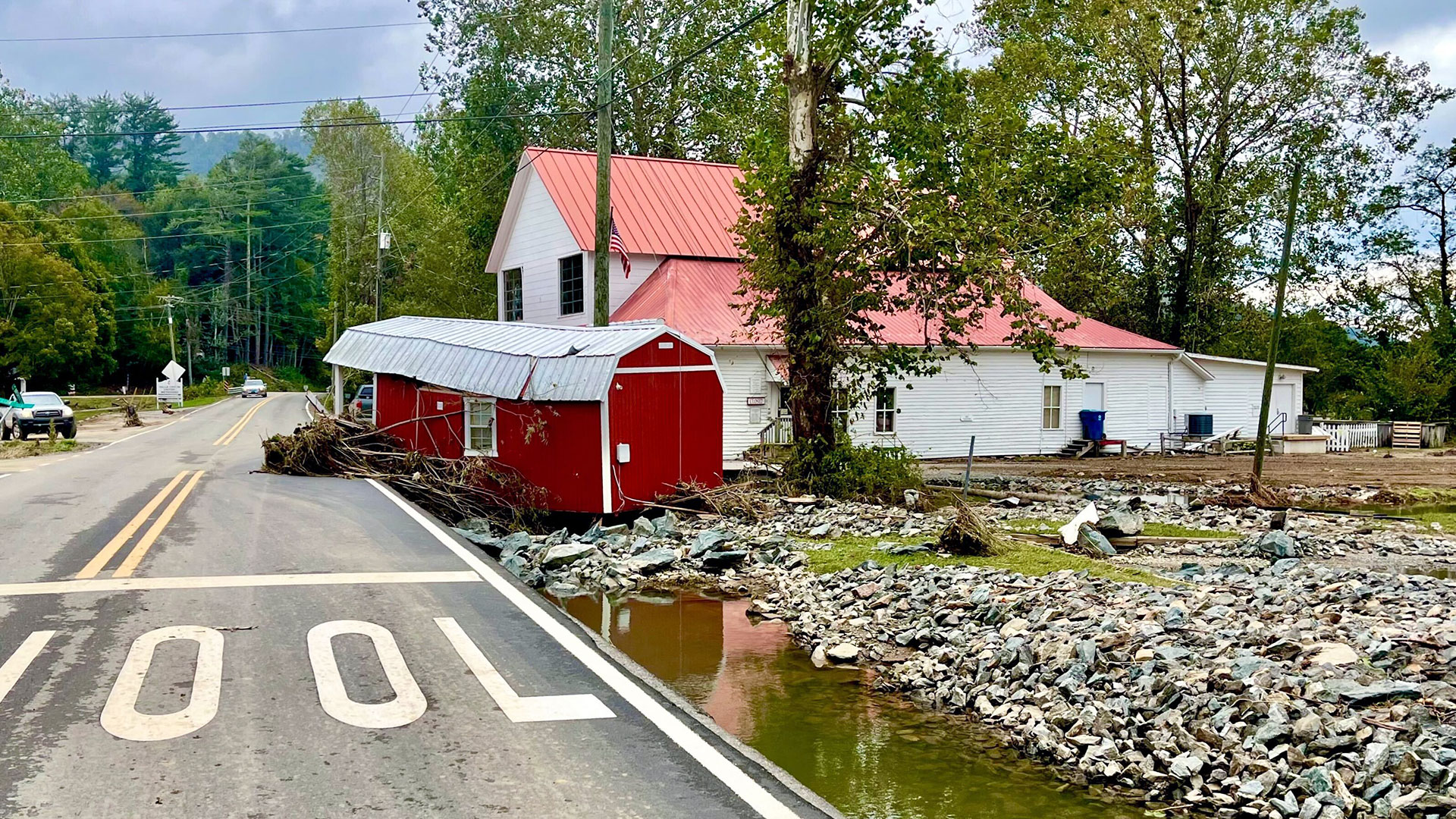
After the Deluge: Appalachia’s “Climate Haven” Myth Unravels
Flood waters displaced a small barn and dropped it in front of the Mast General Store in Valle Crucis, North Carolina (all photographs by Jessica Martell and Zackary Vernon)
Transplants, retirees, and second-homers thought western North Carolina would be a refuge from the ravages of climate change. Hurricane Helene thought otherwise.
When Hurricane Helene roared across Appalachia on September 27, it pummeled a region that academics and journalists in recent years had labeled a “ climate change haven .”
In Boone, North Carolina, where we teach at Appalachian State University, it sometimes seems like every other car has a Florida license plate. In response, popular local bumper stickers read, “Boone Sucks. Tell Your Friends,” or, more pointedly, “Go Back to Florida.” Despite persistently harmful stereotypes and widespread cultural marginalization, Appalachia has become an increasingly desirable place to live. This shift has been motivated, at least in part, by new narratives about climate change.
“Appalachia’s importance in the coming decades may be based on another of the region’s valuable resources—habitable land—and its ability to serve as a refuge to those displaced by climate change,” West Virginia native Nick Brumfield wrote back in 2021. Three years later, the continuing flood of transplants, retirees, and second-homers in Boone illustrates how many agree with this premise.

